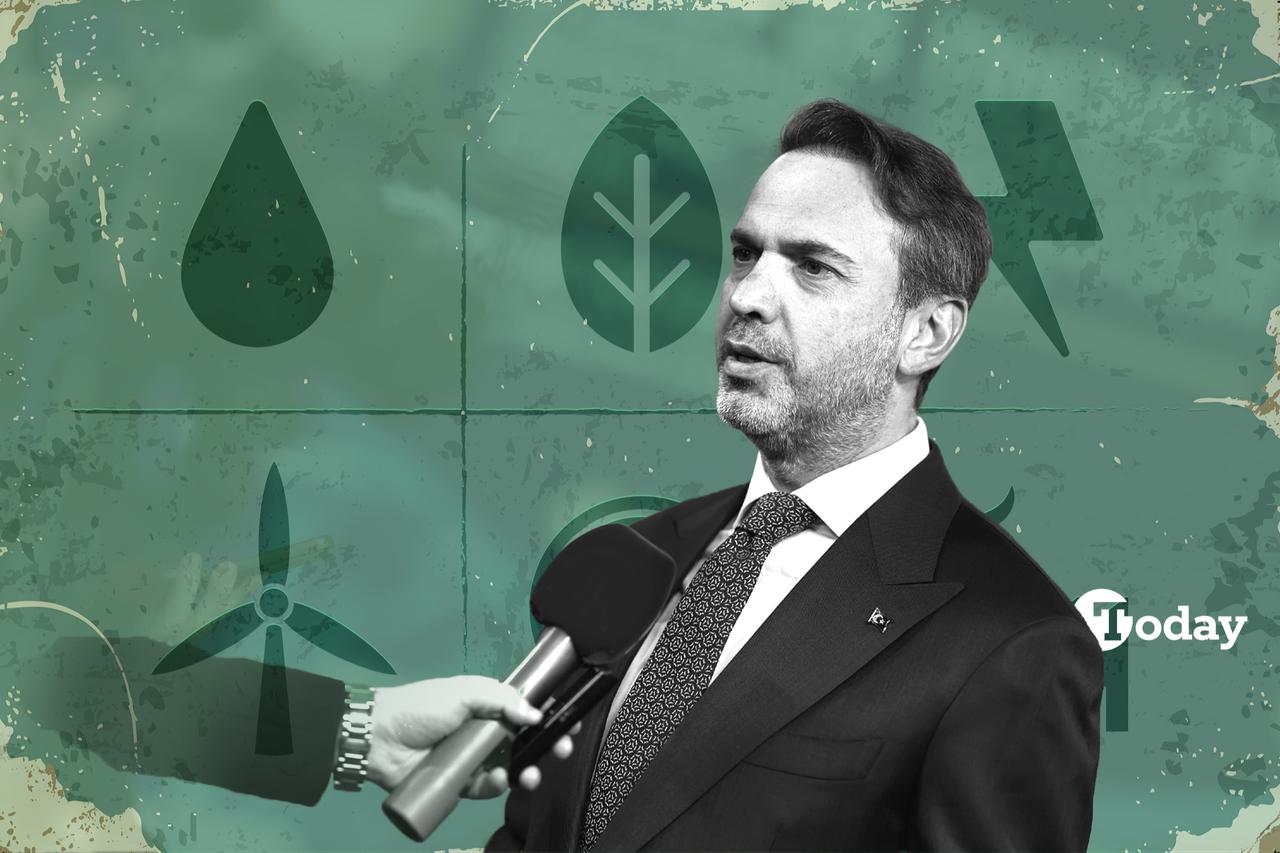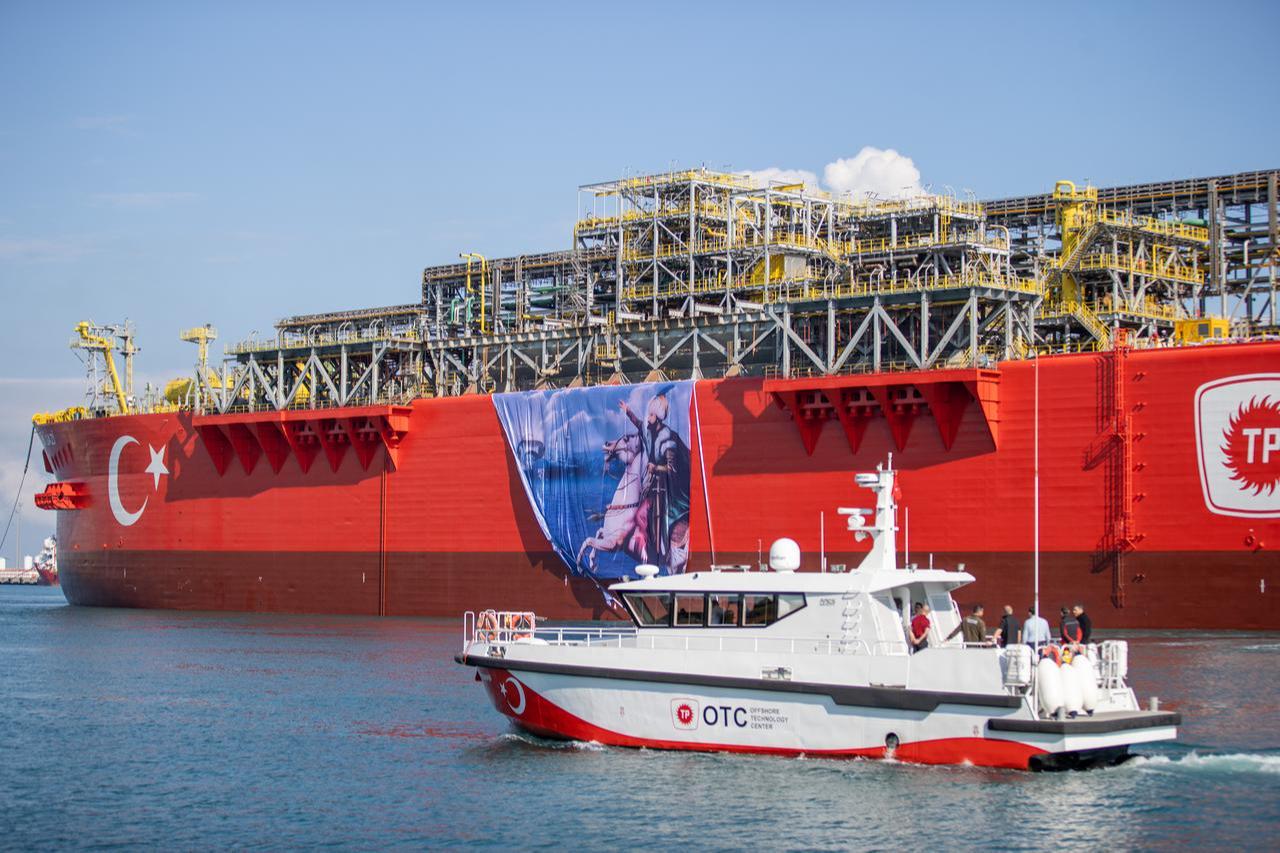
Türkiye is open to expanding energy cooperation with China, not only at home but also across Africa, the Middle East, Central Asia and the Balkans, Turkish Energy and Natural Resources Minister Alparslan Bayraktar said.
In an interview with CGTN Turk, a channel affiliated with China’s state broadcaster, Bayraktar said talks with senior Chinese officials during the Shanghai Cooperation Organization summit in late August highlighted opportunities in nuclear energy, renewables, energy transmission, mining and storage technologies.
“Türkiye and China can cooperate in different geographies. This could be Africa, the Middle East, Central Asia or the Balkans,” Bayraktar said. “We met with China’s National Energy Administration Chairman Wang Hongzhi, National Development and Reform Commission Chairman Zheng Shanjie, as well as company representatives. There are many areas where we can cooperate with China in energy.”
Bayraktar said the two sides discussed Türkiye’s first offshore wind project, which could be built with Chinese companies. He also pointed to a $30 billion program for new energy transmission lines through 2035, aimed at sending power to Europe. “This also aligns well with China’s Belt and Road Initiative,” he said.

The minister emphasized nuclear energy as a priority, saying Türkiye had proposed to Chinese officials turning a planned nuclear plant in Thrace into a “world-class carbon-free energy and data center.”
“We are talking about a massive energy and data park that would include renewable energy, solar, wind, storage, a data center and nuclear power. This attracted considerable interest,” he said, describing the project as serving the “common interests” of both countries.
Bayraktar added that cooperation could extend to rare earth elements recently discovered in Türkiye, as well as joint projects in oil and natural gas. He said Chinese companies are also considering battery and storage production in Türkiye.
Bayraktar pitched Türkiye as a strategic production base at a time of global trade tensions. “We are essentially turning Türkiye into a second production hub. Especially in a world marked by trade wars, sanctions, or restrictions, it is possible to use Türkiye’s logistical advantages to easily reach different geographies,” he said.
“Come; manufacture solar panels in Türkiye, manufacture wind turbines here. As Türkiye, we are ready with our infrastructure for this,” Bayraktar added.